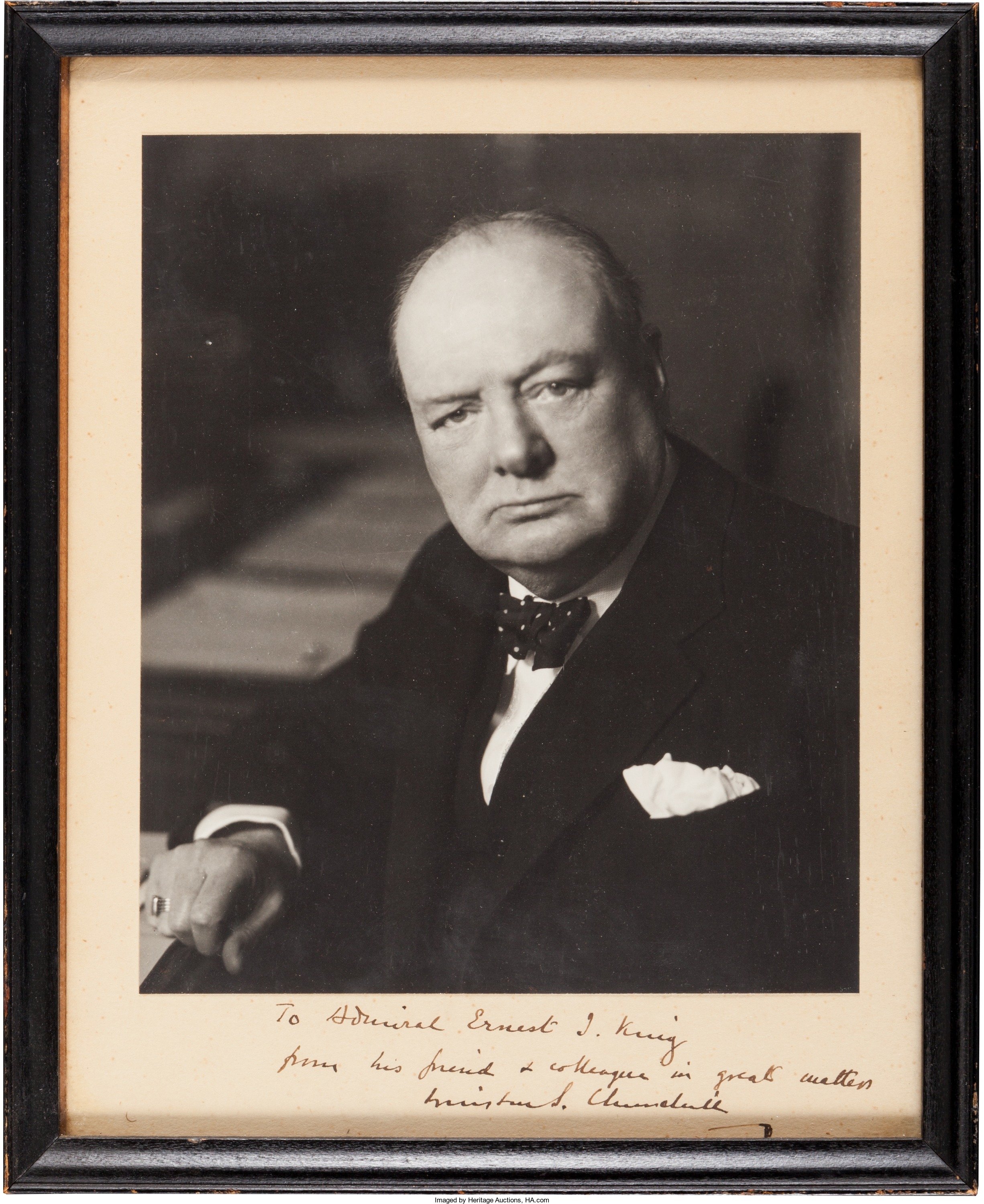
By Jim O’Neal
In June 1940, Great Britain was in mortal danger. Germany had captured all of Western Europe and had begun preparations for an invasion of Britain. It was the most serious threat to their security since the Spanish Armada in 1588. If Hitler’s panzer divisions were able to cross the channel they would overwhelm the British Army.
The new Prime Minister, Winston Churchill, knew his county faced a daunting challenge. On June 18, he stood before the House of Commons: “The Battle of France is over … the Battle of Britain is about to begin. Upon it depends our British life and the long continuity of our institutions and our empire. The whole fury and might of the enemy must very soon be turned on us.
“Hitler knows that he will have to break us on this island or lose the war … Let us therefore brace ourselves to our duty and so bear ourselves that, if the British Empire and its Commonwealth last for a thousand years, men will say … ‘This was their finest hour!’ ”
Operation Sea Lowe or “Sea Lion” was the Nazi plan to invade Great Britain. The United States had not yet entered the war, so if successful, the Fuhrer’s “Thousand Year Reich” might become a reality.
German war planners fixed the invasion date for mid-September, despite Britain’s powerful navy being a serious threat to any invasion. The plan was for the German air force, the Luftwaffe, to clear the skies and then destroy the Royal Navy. Then the invasion could begin unimpeded.
The Luftwaffe was stationed in Norway, Belgium and France. It comprised 2,670 fighters and bombers, compared to only 640 British Spitfires. The Battle of Britain – the first large-scale battle to be fought exclusively in the air – was about to begin.
An epic air battle was fought in two successive phases with heroics on both sides. However, the Germans did not realize the Royal Air Force was actually in dire straits, but then suddenly something happened that changed the entire course of the war.
German bombers accidentally dropped a load of bombs on South London, the first times civilians had ever been attacked. Enraged British forces retaliated by bombing Berlin! This shocked the Germans, who had faithfully promised their people they were entirely safe from any war.
What followed was the final phase of the Battle of Britain.
Beginning on Sept. 7, 200 German bombers – each night – assaulted London using incendiary devices to create fires and high-explosive bombs to destroy structures. On Sept. 15, two massive waves of Germans attacked England, but were somehow repulsed by furious RAF counterattacks. Then another bomber force was repulsed and caused Hitler to first postpone the invasion, and then abandon the idea entirely.
So the threat of invasion was lifted, but the bombing intensified.
On the terrible evening of Oct. 15, nearly 500 German planes dropped 386 tons of explosives and an astonishing 17,000 incendiary devices on London proper. The “blitz” continued throughout the 1940-41 winter as German planes continued to haunt the skies each night.
A major attack on May 10, 1941, turned out to be the last one as five weeks later, Hitler decided to invade Russia. Most Luftwaffe squadrons on the Atlantic were redeployed to the Eastern front.
The British had not been broken and the Battle of Britain did indeed turn out to be “Their Finest Hour.”
 Intelligent Collector blogger JIM O’NEAL is an avid collector and history buff. He is President and CEO of Frito-Lay International [retired] and earlier served as Chairman and CEO of PepsiCo Restaurants International [KFC Pizza Hut and Taco Bell].
Intelligent Collector blogger JIM O’NEAL is an avid collector and history buff. He is President and CEO of Frito-Lay International [retired] and earlier served as Chairman and CEO of PepsiCo Restaurants International [KFC Pizza Hut and Taco Bell].
